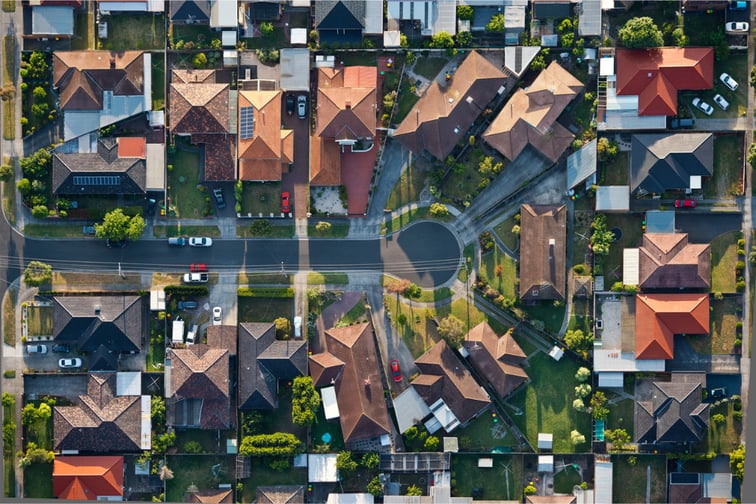

There’s no stigma for millennials who seek help from the “Bank of Mum and Dad” (BoMaD) to get on the property ladder – but they’re also at a higher risk of losing their homes, a new study shows.
BoMaD homeowners and lenders in five local government areas of NSW are feeling the pinch of higher mortgage rates amid a cooling property market.
According to property data provider National Property Group, the house prices that increased as much as 117% over the past few years are now plummeting in value.
In 2021, the BoMaD became the country’s ninth-largest mortgage lender, according to analysis by researcher Digital Finance Analytics, with $34bn in loans as more parents provided financial assistance to help their adult children buy their first homes. In fact, more than half of first home purchases in 2021 came from this market.
However, the situation couldn’t be more different now. Experts warn that those who take advantage of the BoMaD are at a larger risk of defaulting on their mortgage within five years.
Some of these BoMaD-backed property hotspots include Blacktown and Ryde in Sydney and Queanbeyan, Albury and Coffs Harbour in regional NSW.
Read more: First-home buyers fear being priced out
“Our data identifies key markets across metro and regional NSW where home values are starting to fall, which increases the risk of negative equity for some previous purchasers,” said Don Harb, chief operating officer at National Property Group. “The LGA of Ryde has seen a 16.8% fall in property values. We’re also seeing slight dips in home prices in regional LGAs such as Queanbeyan. For BoMaD buyers and lenders, these trends could signal that it’s time to assess their financial future.”
Nigel Horne, principal of Albury-based Nigel Horne Real Estate, is seeing first-hand how the pandemic, interest rate rises and demand have spurred a rise in regional property prices, and the impact this has on buyers.
“Throughout our dealings with buyers, (family) financial assistance to fund a deposit has been a factor,” Horne said. “Since the pandemic took effect in 2020, property values have increased significantly in our region. In my experience, demand has not slowed and there is still a shortage of properties.”
As a lack of inventory and the impact of increasing interest rates on borrowing power started to influence thinking, it was even more likely first-home buyers would call upon the BoMaD for financial support.
But Horne said younger buyers would also need to reconsider their purchasing criteria.
“For first home buyers, this might mean the style, age, or size of the property they purchase now may differ from what they could have bought before March 2020,” he said.
